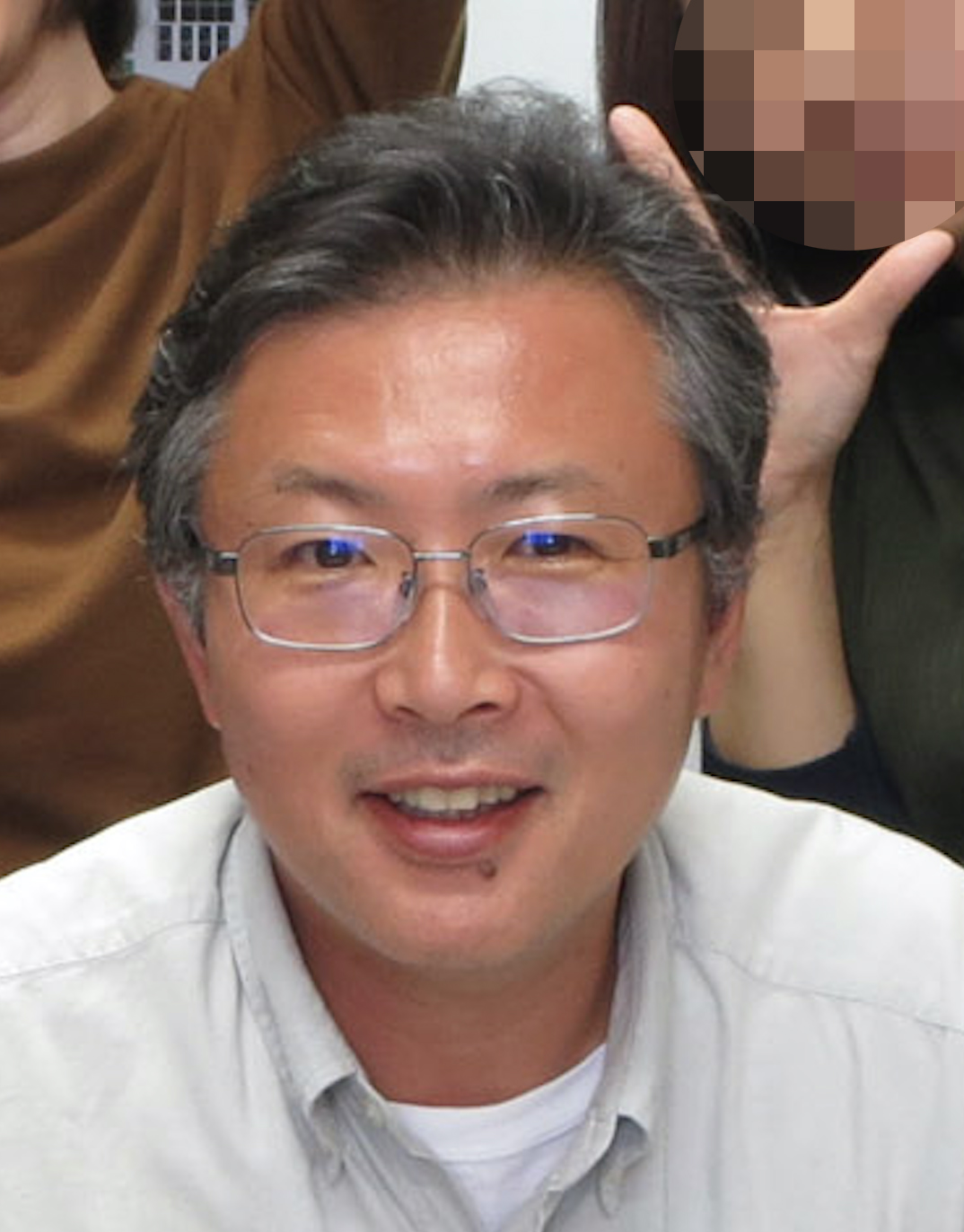Related Outline
My original interest in biology was how animals create their shapes in an amazingly robust and consistent manner. Since then I have been studying development of the vertebrate brain, contributing to understanding mechanisms underlying regionalization, neurogenesis, and histogenesis of the brain. Recently, our group became interested in some aspects of brain evolution, in particular its expansion in primates. We are particularly interested in the cerebrospinal fluid that fills up the lumen of brain ventricules in terms of its biochemical as well as physical role in brain development.
Career
1993 Ph.D, Kyoto University, Faculty of Science
1994-1997 Postdoc, University of California, San Francisco
1997-2002 Graduate School of Medicine, The University of Tokyo
2002- Institute of Molecular Embryology and Genetics, Kumamoto University
Representative Achievements
- Thalamocortical axons control the cytoarchitecture of neocortical layers by area-specific supply of VGF.
Sato H, Hatakeyama J, Iwasato T, Araki K, Yamamoto N, Shimamura K.
eLife 2022
DOI: https://doi.org/10.7554/eLife.67549 - The pace of neurogenesis is regulated by the transient retention of the apical endfeet of differentiating cells.
Hatakeyama J, Shimamura K.
Cereb Cor 2019
DOI: https://doi.org/10.1093/cercor/bhy252 - Developing guinea pig brain as a model for cortical folding.
Hatakeyama J, Sato H, Shimamura K.
Dev Growth Differ 2017
DOI: https://doi.org/10.1111/dgd.12371 - The retinal pigment epithelium is a Notch signaling niche in the mouse retina.
Ha T, Moon KH, Dai L, Hatakeyama J, Yoon K, Park H-S, Kong Y-Y, Shimamura K, Kim JW.
Cell Rep 19, 351-363, 2017.
DOI: https://doi.org/10.1016/j.celrep.2017.03.040 - Cadherin-based adhesions in the apical endfoot are required for active Notch signaling to control neurogenesis in vertebrates.
Hatakeyama J, Wakamatsu Y, Nagafuchi A, Kageyama R, Shigemoto R, Shimamura K.
Development 141, 1671-1682, 2014.
DOI: https://doi.org/10.1242/dev.102988 - Early subdivisions in the neural plate define distinct competence for inductive signals.
Kobayashi D, Kobayashi M, Matsumoto K, Ogura T, Nakafuku M, Shimamura K.
Development 129, 83-93, 2002.
DOI: https://doi.org/10.1242/dev.129.1.83 - Inductive interactions direct early regionalization of the mouse forebrain.
Shimamura K, Rubenstein JLR.
Development 124, 2709-2718, 1997.
DOI: https://doi.org/10.1242/dev.124.14.2709

